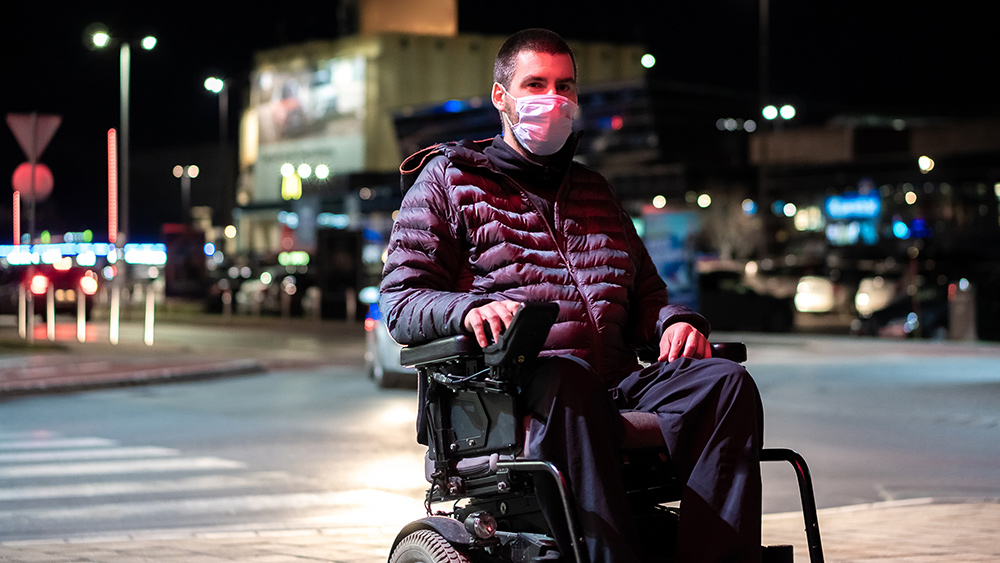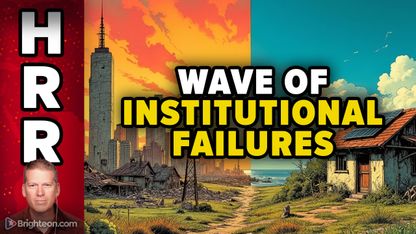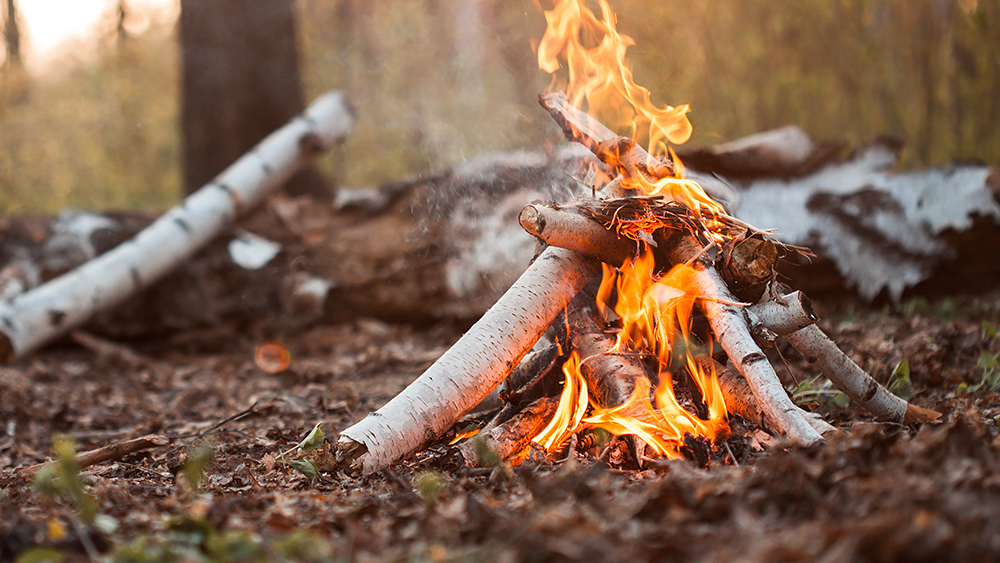
Around six in ten Americans are living with at least one chronic disease. Given this statistic, it's likely that you either have a chronic illness or have a family member with one. This reality will make prepping for a disaster a little more difficult. However, there are ways that you can manage the situation. Here's what you need to do to prep for SHTF scenarios, while dealing with a chronic illness.
Prepping plans must be tailored to present and future health needs
It should go without saying that, when you're prepping for certain disasters and SHTF scenarios, your preps need to be made specifically to cater to your present and future health requirements. This takes into account not just the basic skills that you have to learn, such as how to survive in the wild and how to properly manage your supplies, but also the unique needs you or your family member will need to have taken care of.
For instance, people with certain health conditions may require constant medication and a unique diet. Knowing this, make sure to stock up on the necessary natural medicines and the appropriate foods you need to keep yourself healthy and to ensure your survival.
These specific preps will also have to take in other factors of survival, such as self-defense. If, given your condition, you find yourself unable to mount a proper defense in case of an attack, then you will either have to make alternative defensive preparations or enlist the aid of a family member or a trusted member of your group with the appropriate expertise in self-defense.
Just remember that, for every weakness that you have, you need to compensate for it by preparing more than usual.
Keep an eye on your mental health
It is normal for people to have mental health concerns when faced with disasters and SHTF scenarios. However, if you already have a chronic physical condition, then it might be a good idea to pay extra attention to your mental health, as the stress that such a concern brings may worsen your existing symptoms.
Staying as calm and rational as possible will be very important, especially if you are the designated guardian of a person in your family with a chronic health condition. Make a disaster plan, because being able to point out exactly what you need to do during a disaster can greatly help reduce some of the stress and anxiety that arises during such moments.
Furthermore, don't forget to share your disaster plan with your family and closest friends. If something happens and you need assistance, they will know precisely where you will go and what you will do during difficult moments. (Related: How to prep for the worst when you're chronically ill or disabled.)
Look to your community
If you or a family member has a chronic condition, you will need help to survive. It might not always be easy or possible, but you need to find a community that can help you. This can come in the form of your family and distant relatives, your best friends or even a group of trustworthy neighbors. It's hard enough to survive alone even when you are at the best of health, how much more difficult will it be when dealing with somebody with a chronic condition?
Networking with local preppers, or establishing your own prepper group within your community, will give you access to a lot of useful skills that might otherwise be unavailable to you if you're trying to survive a disaster on your own.
The most important thing to understand is that you must intimately know everything about the chronic condition you have to deal with. Actively incorporate the limitations this places upon you into your disaster planning by tailoring your preps to your specific needs, making sure to take extra care of your mental health, and seeking help from a supportive community when you are in need of some extra guidance.
Sources include:
Please contact us for more information.





















